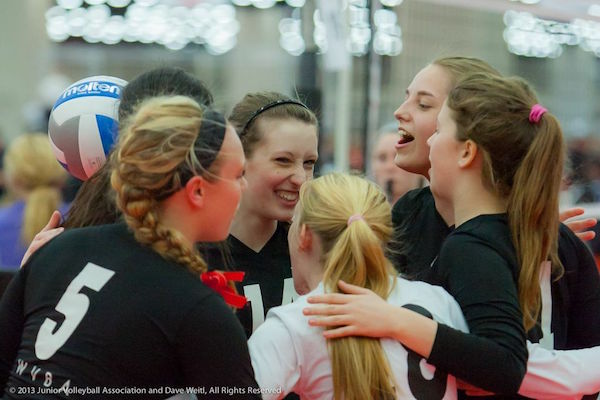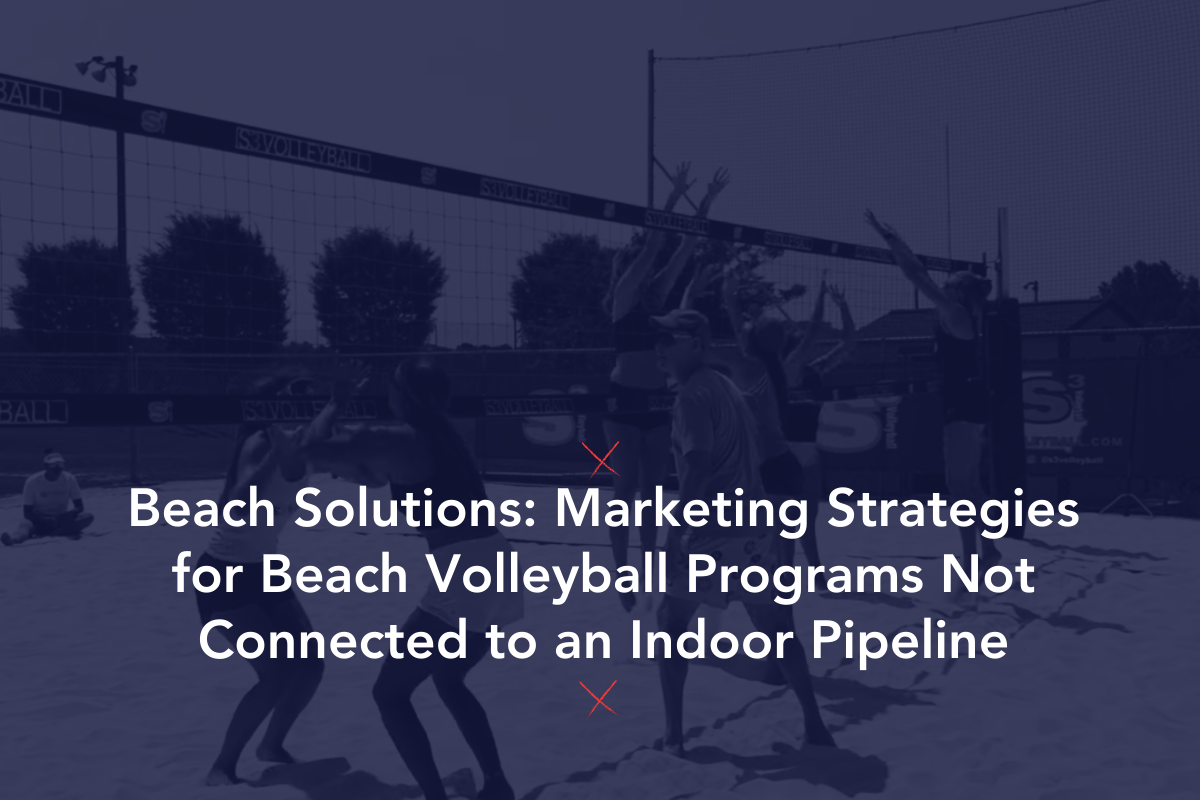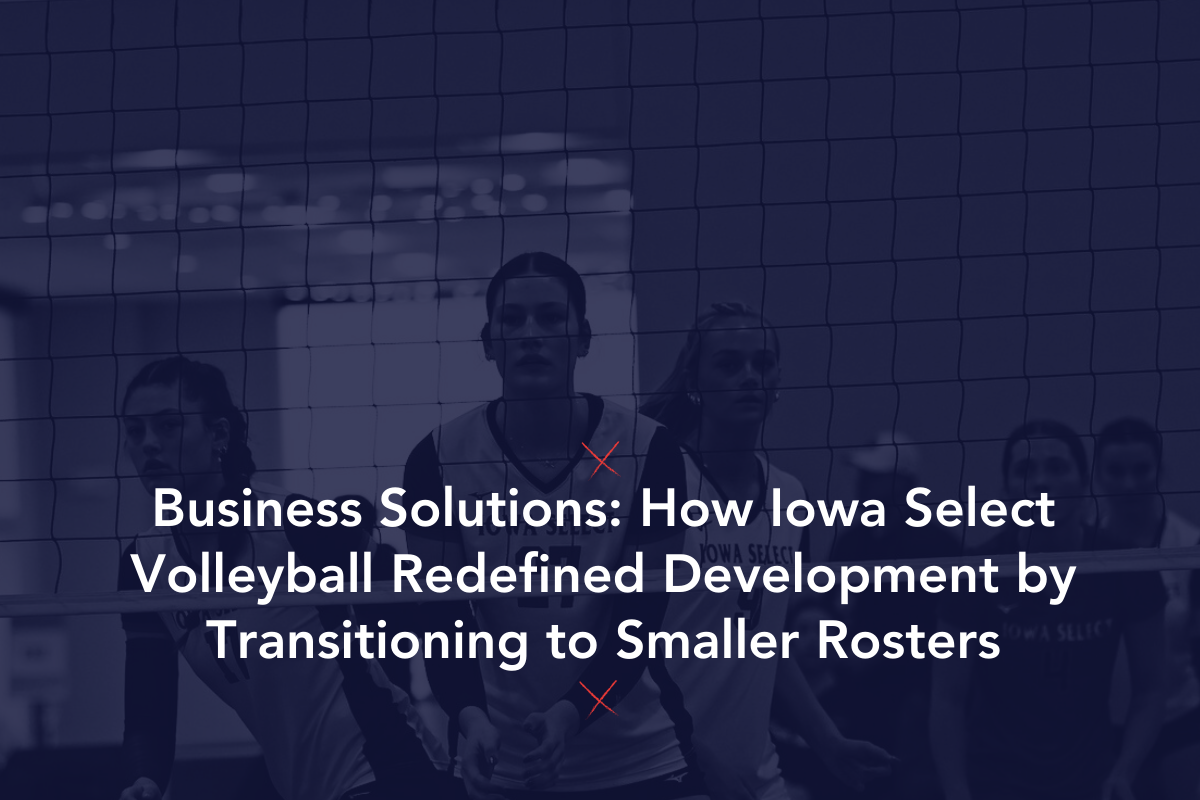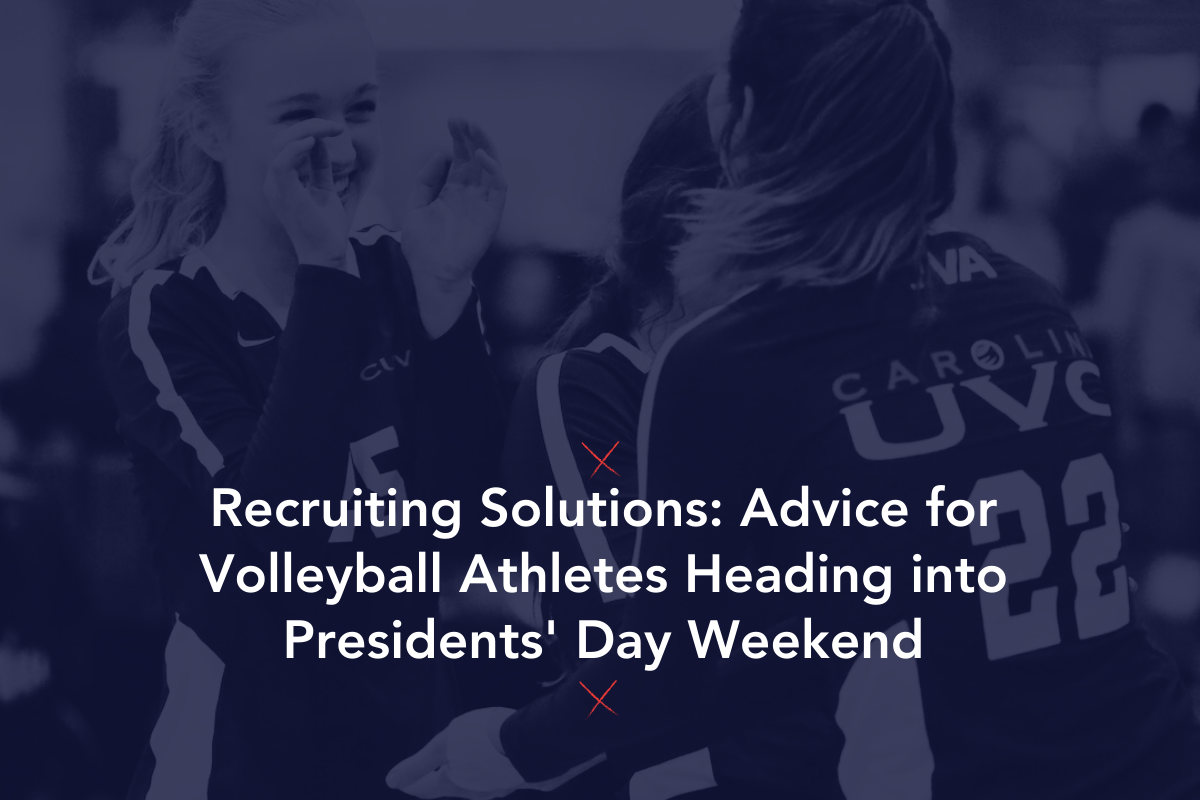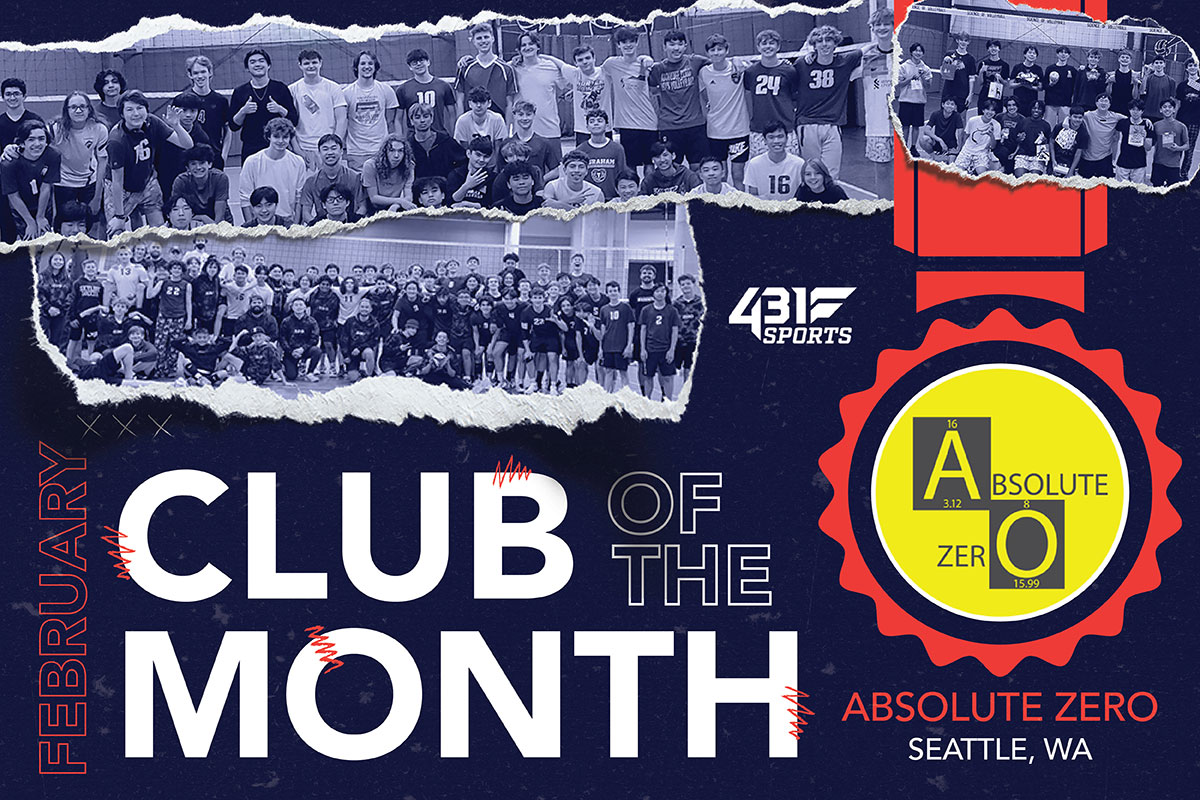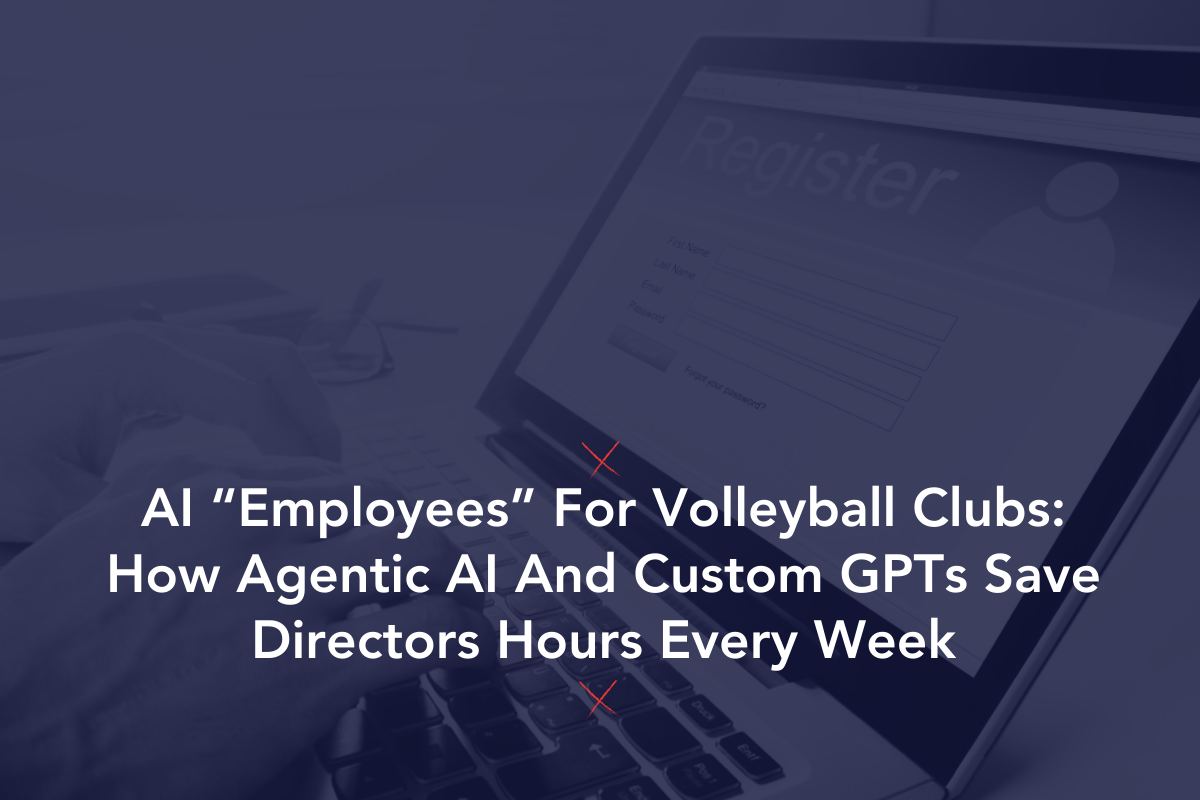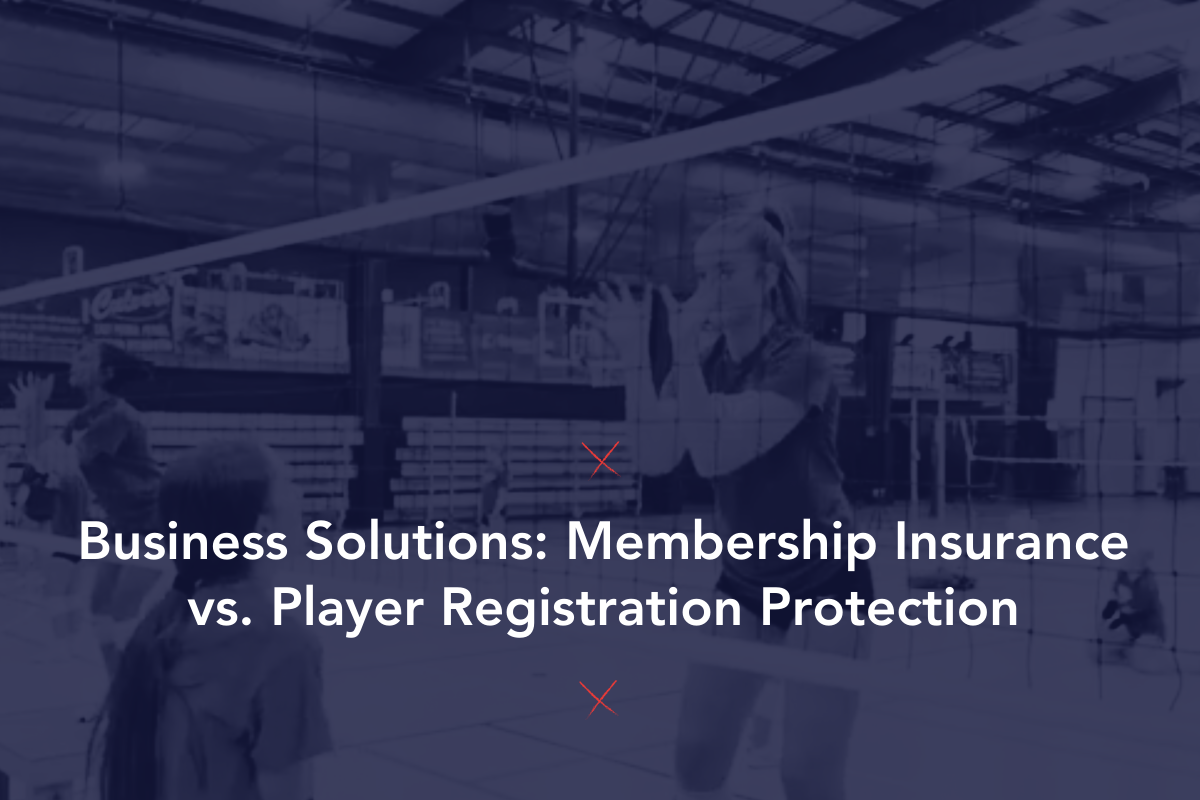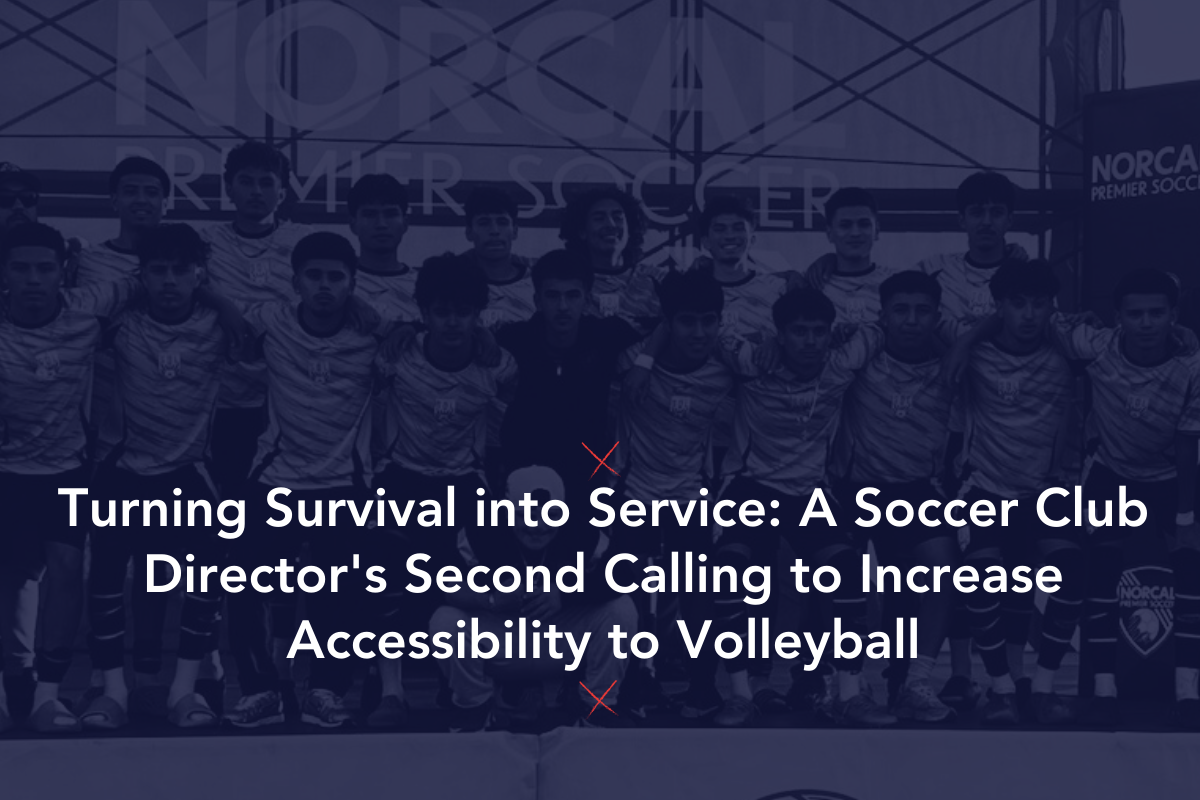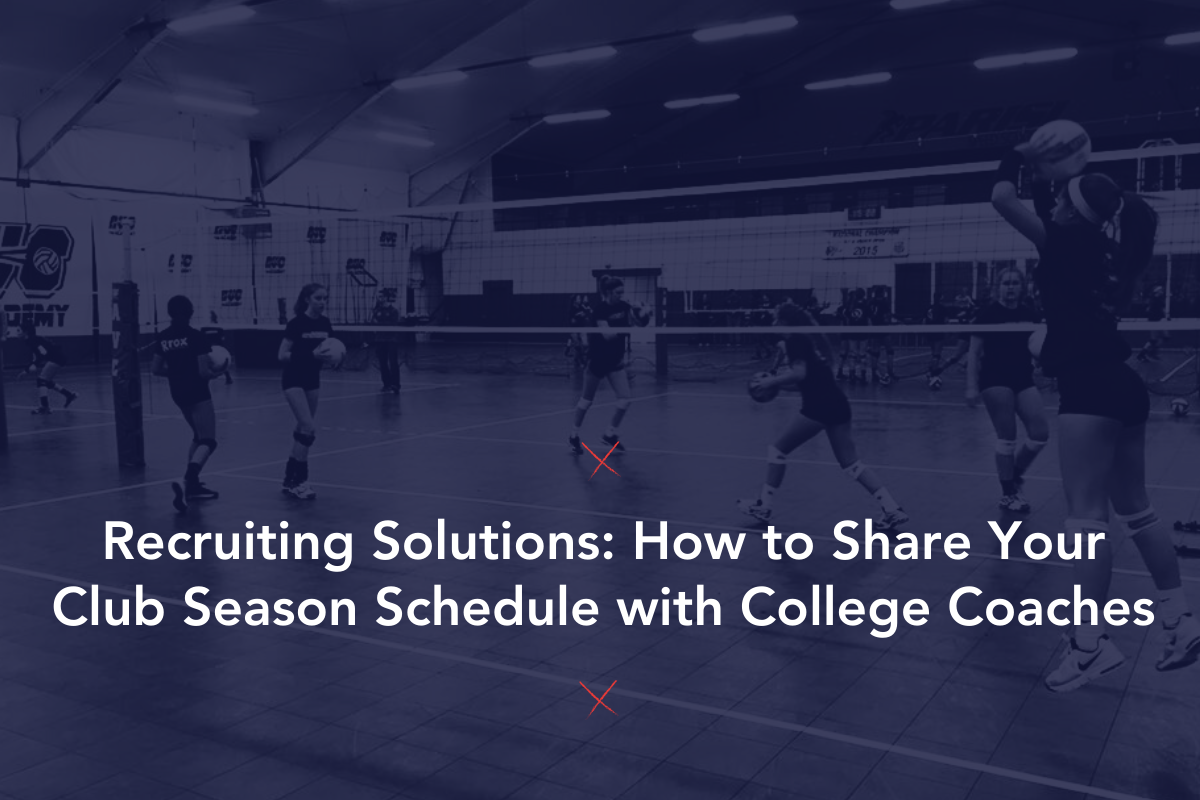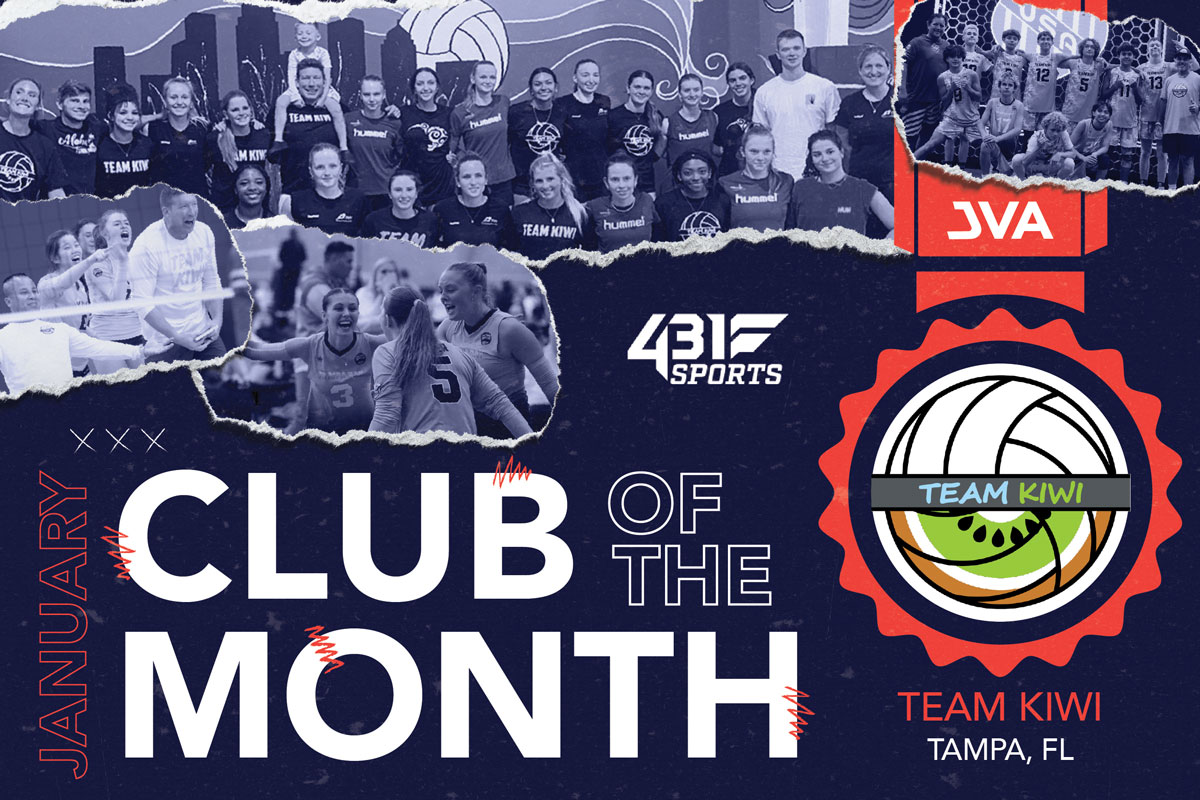As the midpoint of the season nears and the weather starts to warm, club directors and coaches can find themselves facing the challenge of keeping athletes engaged.
From setting new goals to re-evaluating coaches and players — or even taking a break from competition and practice — clubs use a variety of strategies to assist athletes in maintaining or regaining their focus.
These actions also help coaches better connect with their players, aid a team in staying committed to its goals and keep everyone from suffering a “slump” when it matters most — at the height of the club season.
Jeff Wismer, director of Alliance Volleyball Club outside of Nashville, Tennessee, utilizes goal setting to keep his athletes engaged. He may ask players to strive for more hits in the next game or improve their jump height, and they lay out these plans at the midseason break in March so players understand what they are expected to achieve in the final three months.
Alliance also invites parents to complete evaluations of coaches, athletes and the club prior to and midway through the season. Parents rate their children’s performance, a coach’s ability to train their athletes, and the overall structure of the club. Coaches use these evaluations to improve the quality of practice and address any concerns parents and players have.
“We create these opportunities for moms and dads to understand the value of the training we are offering,” Wismer said.
Athletes are encouraged to fill out evaluations of their performances halfway through the year. The assessments are used by coaches for insight on what players are thinking and develop strategies for improved individual instruction.
“It’s a conversation piece. I think it starts a better understanding relative of who you are and who you can become,” Wismer said.
These evaluations take place during a 10-day break from team practice designed to provide players with rest and to get them re-energized heading into April and beyond, Wismer said.
At the Washington Volleyball Academy in Lynnwood, Washington, director Dave Weitl believes that setting goals with shorter timelines helps keep his athletes engaged. Instead of focusing on tournaments at the end of the season, WVBA coaches help their athletes set goals for the each game or tournament throughout the year.
“I think it’s hard for teens, especially younger teens, to be focused on the end of the year. For the kids, I think it’s really important that their focal point is much closer in time,” Weitl said.
WVBA also has players set goals at the start of the season and schedules a week-long break from practice in early May to allow the athletes time to reflect on their progress. When players return to drills, they know what to work in the runup to the AAU Junior National Volleyball Championships in Orlando at the end of June.
“We try to bring them back and focus on how little time is left and how to focus on maximizing how little time is left to get better,” Weitl said.
Weitl said his ultimate objective is have his players improve the entire time they work with him and the keep the team from experiencing a late-season disappointment.
“If we have any trouble with them focusing at any point, it’s going to show problems at the end point of the season,” Weitl said.
Alliance Volleyball Club and Washington Volleyball Academy are both members of the JVA. To learn more about the value of a JVA membership, click here. For related reading on club culture click here.
About the Author
This article is written by Emily Winters from SportsEngine, the official technology partner of the JVA. SportEngine offers special pricing and packages exclusive to JVA member clubs. More than just a website, SportsEngine can help you solve serious challenges you face with tryouts, billing and collections, team communication, tournaments, and more. For more information click here.


